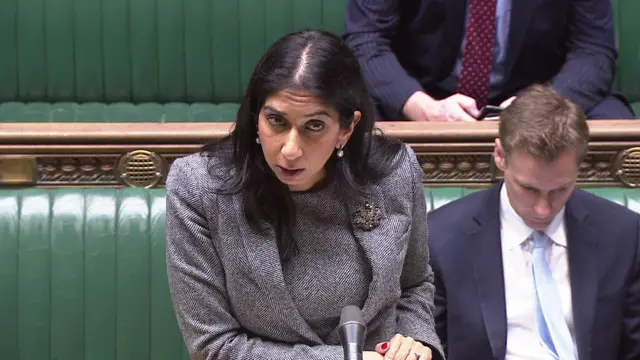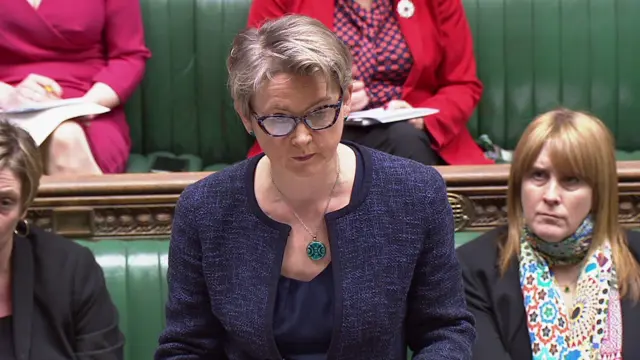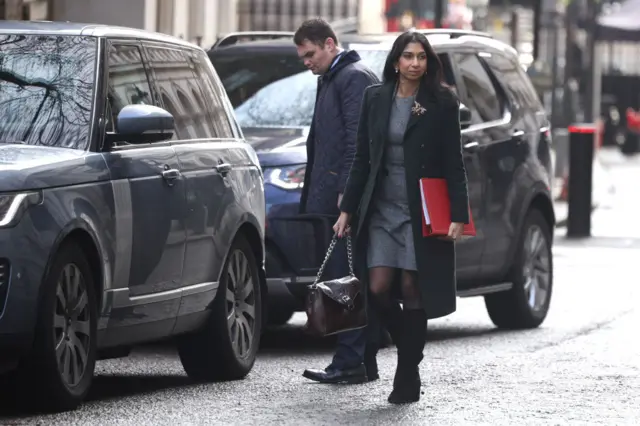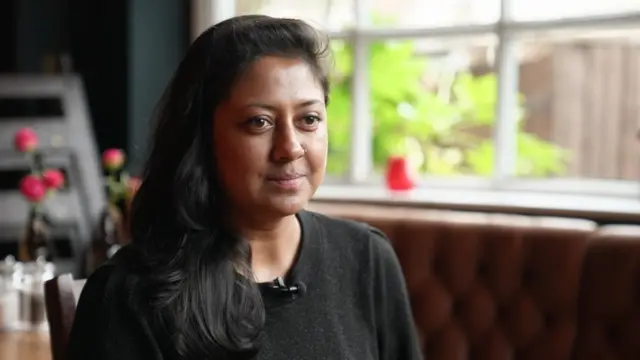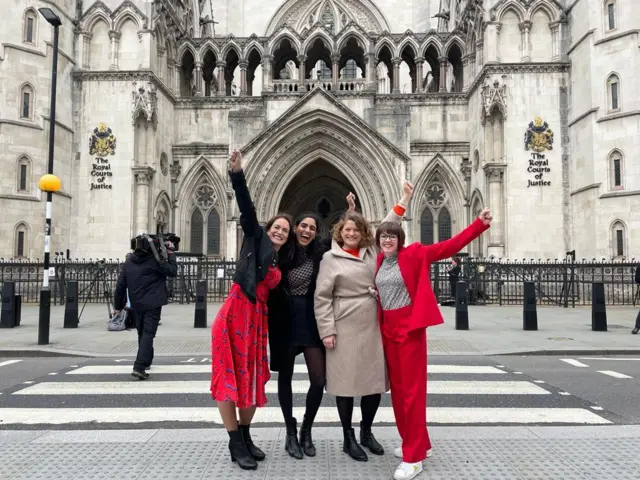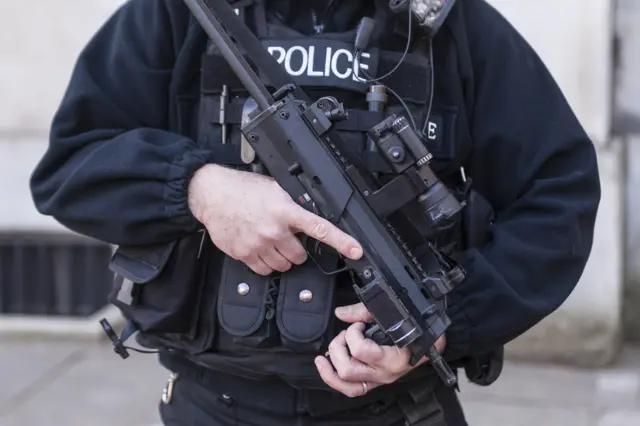'What's different about this report?'published at 13:10 GMT 21 March 2023
A debate is now under way in the House of Commons after Home Secretary Suella Braverman's gave a statement following Baroness Casey's scathing review of the Met Police.
Dame Diana Johnson, the Labour MP and the chair of the home affairs select committee, gets to her feet. She lists historic failures by the Met and asks the home secretary what makes the findings from this report different.
Braverman responds that "instances of racism, homophobia and misogyny are unacceptable, and standards must improve".
She says Met Commissioner Sir Mark Rowley is committed to provide a "better and more robust response".
